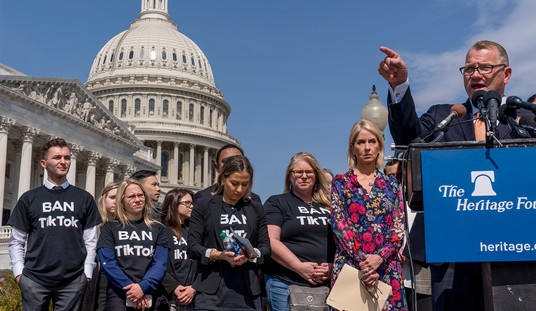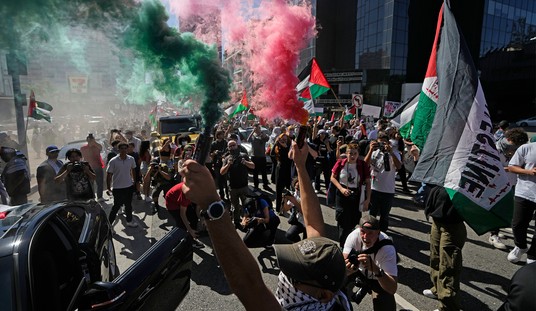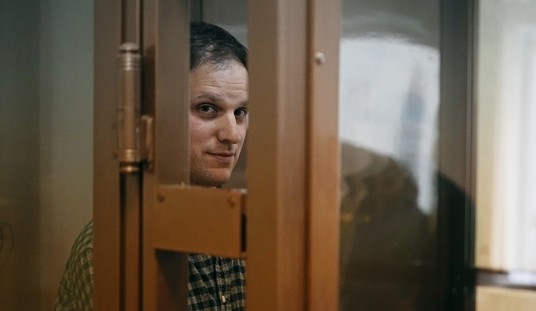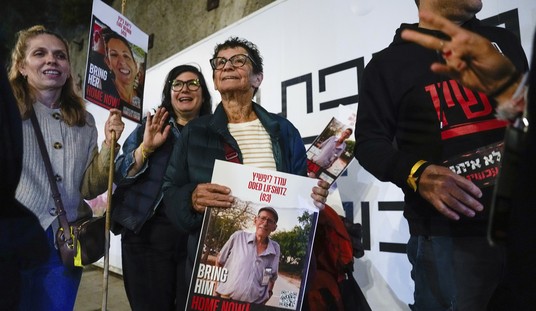For conservative columnist Peggy Noonan, the staging of Sen. Ted Cruz’s (R-TX) presidential campaign announcement raised the bar considerably for the rest of the expansive slate of prospective Republican White House candidates.
“His announcement Monday at Liberty University was a wow, really brilliant,” she wrote. “It’s giving future contenders announcement envy. They’re all going to have to up their game and produce an announcement that’s dynamic, rousing, and shows at least someone is excited about their entry.”
Cruz’s announcement accentuated the major thematic elements of his presidential bid. Speaking before a large audience of students at the university founded by Jerry Falwell, the parameters of Cruz’s pitch to the electorate were clearly defined. Young, passionate, and evangelical, Cruz’s entry into the 2016 race was choreographed to communicate that the tea party movement had matured and was ready to govern the country.
Theater and optics cannot be underestimated, and Sen. Marco Rubio (R-FL) is reportedly ready to rise to the occasion. According to Politico, Rubio will reveal his presidential intentions in mid-April, and he will do so in a setting that highlights his value as a presidential candidate.
“Florida Sen. Marco Rubio is strongly considering launching his presidential campaign April 13 at the Freedom Tower, a historic Miami landmark known as the ‘Ellis Island of the South,’ according to Republicans familiar with his thinking,” Politico reported. “From its name to its history – it once served as a U.S. clearinghouse for Cuban exiles fleeing Fidel Castro – Miami’s Mediterranean-style Freedom Tower underscores the themes of Rubio’s political career and his likely campaign.”
“He’s a first-generation son of immigrants who has sought to make the American Dream synonymous with his biography,” the report continued.
While Politico’s dispatch goes on to note that Team Rubio has not yet officially settled on this location, it would be a wise choice. This setting stresses Rubio’s Hispanic roots, his intention to depart radically from Barack Obama’s style of governance, his popularity in what is a must-win state for his party, and his Reaganesque approach to the increasingly chaotic international environment.
The Obama-engineered thaw in relations with Cuba is a perfect metaphor for the administration’s feckless and dangerous misuse of American influence. In so many theaters, the Obama White House has deferred unduly to the globe’s bad actors, allowed them to flaunt American interests. As a result, Obama will bequeath a more dangerous world to his successor.
Rubio’s opposition to the administration’s approach to Cuban-American relations was paradoxically affirmed by the White House earlier this month when it imposed sanctions on a handful of Venezuelan officials. “It’s hard to see a coherent Venezuela strategy here because the administration has been kind of laying low in relation to Maduro, letting him make proclamations about coup attempts,” Latin America expert and economics professor Barbara Kotschwar told Foreign Policy Magazine reporters.
The sanctions on seven Venezuelan administrators resulted in their promotions by the Nicolas Maduro’s government, prompted Cuban and Bolivian officials to denounce Washington, and did little to help the Venezuelan people who saw their nascent rebellion against the socialist government in Caracas brutally crushed last year. Some estimated that Cuba’s desire to appeal to those in Washington who favor rapprochement would force Havana to moderate its support for Venezuela, but that effect has not yet materialized.
The freedom of action Obama’s administration has extended to American adversaries in Latin America and the Caribbean is not unique. The broader Middle East and North Africa now stands at the precipice of a regional sectarian conflict that would pit Sunni-led regimes in Cairo and Riyadh against multiple Shiite insurgencies across the region equipped and supported by Tehran. Far from having a coherent approach to this escalating crisis, the White House’s pursuit of a path of least resistance in this region has placed it on the side of Iran and Iraq and the Saudis in Yemen. The administration has fostered ill-will among the Shiite militias that have now abandoned the fight against ISIS in protest of the Saudi coalition’s actions. At the same time, the Saudis have reportedly cut Washington out of the loop for fear that Obama administration officials act as a pipeline to Iran. If there is any logic to be found in America’s present Mideast policy, it will take a historian to find it.
Similarly, the administration’s determination to “reset” the relationship with Russia prompted White House officials to signal to Moscow that their traditional zone of influence in the former Soviet space and the Warsaw Pact would be respected. This promise was made tangible when the White House abandoned a Bush-era proposal to provide the Czech Republic and Poland with anti-missile technology in 2009. Six years later, Vladimir Putin is waging a covert war on the continent after becoming the first European leader since Joseph Stalin to invade and annex a neighbor’s sovereign territory.
In the Pacific, a region where the White House is forever unsuccessfully pivoting, the People’s Republic of China is brazenly creating a new status quo in the contested Spratly Islands by constructing a new landmass in the archipelago that can serve as a naval and airbase. Beijing is forging ahead with a significant military buildup and has focused almost exclusively on access denial weapons like sophisticated anti-ship missiles. They have only one target: The naval assets of the United States and its regional partners who might seek to thwart the PRC’s ambitions in the South China Sea. China harasses U.S. intelligence aircraft with impunity, uses its merchant marine sailors as de facto colonialists, and has claimed oil exploitation rights in the Vietnam’s Exclusive Economic Zone. Washington’s response to these provocations has been sub rosa to the point of imperceptibility.
“Obama looks poised to leave an even more dangerous and unpredictable region than the one he inherited in 2009,” Politico reporter Michael Crowley recently conceded. The same could be said of Latin America, Europe, North Africa, and the Asia-Pacific. 2016 was fated to be a foreign policy election when the Democratic Party settled on Obama’s former secretary of state as their prohibitive standard-bearer, but the proliferation of foreign threats ensures that the presidential electorate will be looking beyond the American shores when they evaluate who is best positioned to sit behind the Resolute Desk in 2017.
Rubio is easily the candidate most comfortable expounding extemporaneously and lucidly on America’s role in the world, and the increasing volatility of the international environment. 2016 could be Marco’s moment, and he appears poised to seize it.









Join the conversation as a VIP Member